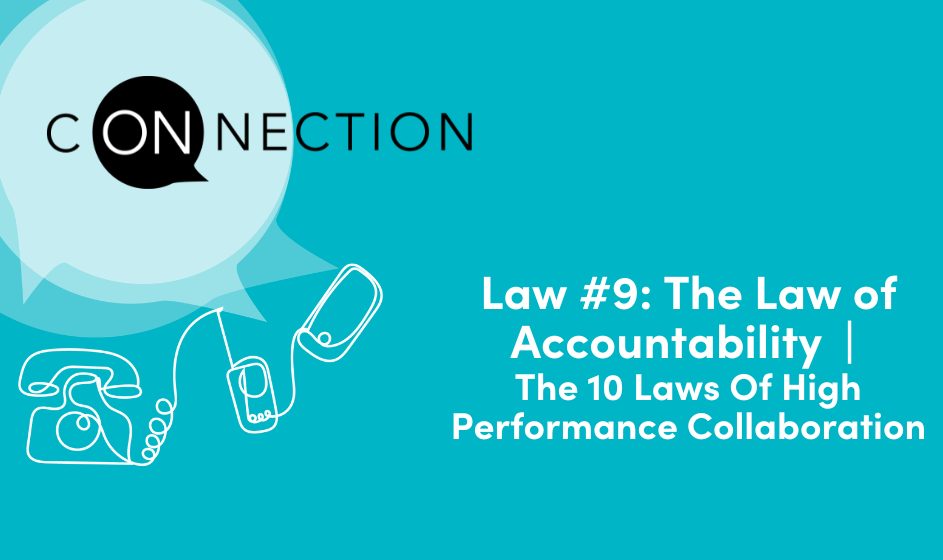In 1994, Britain’s Channel 4 aired what would be the first of 20 seasons of a show called Time Team. The premise is simple: a team of archaeologists spend three days in a place to shed light on a specific point of history. They’re accompanied by an energetic host who narrates for the TV audience, asks layperson’s questions and generally creates mischief on the dig site. I love this show.
Even more than my enthusiasm for history, what excites me most about this show is how the team works together and responds to their challenges. You see, by digging into the ground, archaeologists actually disrupt the chronological record and potentially contaminate the site for future research. They operate under the assumption that future technologies will be less invasive than what they have now, and so they try to disturb as little as possible in a way that reveals the most information. This creates an environment of precision, shared responsibility, and an emphasis on learning.
With that in mind, here’s the formula of the show:
- The team surveys the area, examines the existing documented history, and makes a plan. They get clear on questions they want to answer and the possible implications of what they might find.
- They dig! Earthmovers rumble, shovels clang, and specialists frown over seemingly imperceptible differences in layers of dirt.
- They encounter something unexpected. Sometimes this means they don’t find anything at all.
- They make adjustments – they dig in different spots, concentrate their efforts, or in extreme cases they change their original purpose.
- Repeat steps 2-4 until time is up.
- Finally, they share what they accomplished and what they learned.
If you’ve spent much time with Conversant, you might recognize a familiar pattern in this: first they align, then they act, then they adjust. They take as much time as necessary but do as many cycles as possible in the time they have, and each rotation is at least a little bit better than the last.

My favorite part of many episodes is when the host marches up to the leader of the dig site and says something like, “We’re halfway through our time to dig, and we haven’t found anything!” The lead archaeologist normally responds, “I know, isn’t it great news?” and thoroughly confuses the host. Now, to a TV crew, I’m sure pointing cameras at an ordinary hole in the ground is frustrating. But to the experts, “not finding anything” is evidence of learning something new. They dig in a particular area based on their best guess, either because local lore says there was an Anglo-Saxon royal burial there, or because they’re following the typical layout of medieval churches, as examples. Everything they find, or don’t find, that’s unexpected is something they can add to the historical record, and is data for future archaeologists.
What would happen if we all worked this way? Disappointing sales of a new product could prompt us to say, “Isn’t that interesting?” and investigate what assumptions or information led to the poor outcomes and what adjustments might make existing products even better. Leaders of a change effort could view resistance as data—what are these people seeing that we’re not, and how do we take it into account? The alternative is to keep digging, stubbornly reassuring ourselves of “being right,” but ultimately creating far more work and stress without achieving the results our organization or the people within them deserve.
The truth is that in most decisions leaders make today, “being right” is a fantasy – problems with one clear answer don’t typically require leadership or even human judgment. Yet all too often we embrace the comfortable delusion that within ambiguity and complexity we should have been able to divine the future. Instead, let’s challenge ourselves to handle disappointment like an archaeologist: align deeply on the purpose at hand, get into action doing everything you need to but creating no more work than necessary, and look for the unexpected in order to alter your assumptions and make adjustments.




